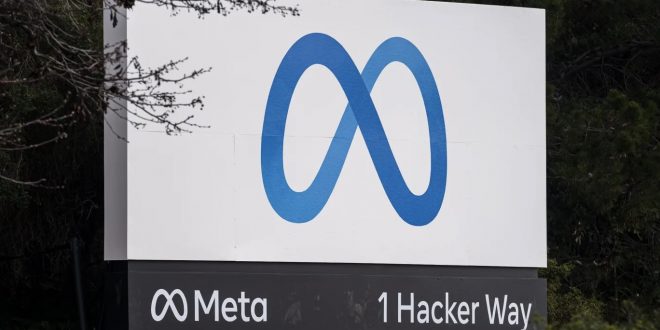It is unknown who is currently evaluating Meta’s platforms in sub-Saharan Africa, as the social media behemoth has been prohibited from using its primary content review partners in Africa to provide moderation services.
A Kenyan court issued temporary injunctions prohibiting Meta from hiring its new partner, Majorel, and reserving that position in the interim for Sama, the departing subcontractor.
But it has come to light that Sama placed all of its content moderators on paid leave starting on April 1st, creating a void. This comes after the company shut down its content moderation division to focus on labeling work (computer vision data annotation), and the court prevented Sama from firing over 200 moderators at its hub in Kenya.
The orders that were upheld on Thursday were the result of an emergency petition that some of the moderators filed in the middle of March, alleging that they had been fired unlawfully by the company and blacklisted by Meta and Majorel.
Additionally, it has come to light that the moderators’ contracts expired on March 31st, and Sama was unable to modify the employment terms due to the court’s interim orders prohibiting it from conducting any reviews. Likewise, Sama’s agreement with Meta came to an end in March.
Sama had been ordered by the court to act as Meta’s sole content review provider while the case was being heard. Additionally, it prohibited the social media behemoth from hiring anyone else, including Majorel, who took Sama’s place, to work in sub-Saharan Africa.
The court’s orders forbade Meta from “employing, subcontracting, or in any other way engaging moderators to do the work currently being done by the moderators engaged through the 3rd respondent (Sama) to serve the Eastern and Southern African region pending the hearing of this application” through the 4th respondent (Majorel) or through any other agent, partner, or representative.
Majorel complained about the court orders prohibiting it from providing content review services to Meta, claiming that they endanger its business continuity and the livelihoods of 200 moderators it hired after establishing a hub in Kenya late last year. These affidavits were filed.
Sven Alfons A De Cauter, director of Majorel, stated in the affidavit that the revenue expected to cover the investments made by the 4th Petitioner (Majorel) is at risk and may be lost as long as the temporary court orders prohibiting it from carrying out the content moderation projection remain in place.
Sama further claimed that its agreement with Meta had come to an end and that a sizable wage bill was keeping the moderators out of work.
Meta has hired other service providers while Majorel and Sama wait for the outcome of the petition, which has sparked claims of contempt of court from Nzili and Sumbi Advocates, the legal team defending the petitioners. Although the identities of the other subcontractors were not immediately clear, a Meta spokesperson told that the company was collaborating with “global partners.”
As a result, Sama and Majorel recruited moderators from all over the continent, including Ethiopia, Uganda, Somalia, and South Africa. However, it is unclear if the “global partners” can effectively sift through content written in the hundreds of African languages that are spoken there.
However, a different case Meta is facing in Kenya, accusing it of igniting the Tigray war that resulted in the deaths of more than 500,000 people, is already based on not having enough personnel, with an understanding of local languages and context, to moderate content.
The moderators comb through social media posts on Meta’s platforms to delete material that incites and spreads misinformation, violence, and hatred.
 Tech Gadget Central Latest Tech News and Reviews
Tech Gadget Central Latest Tech News and Reviews




